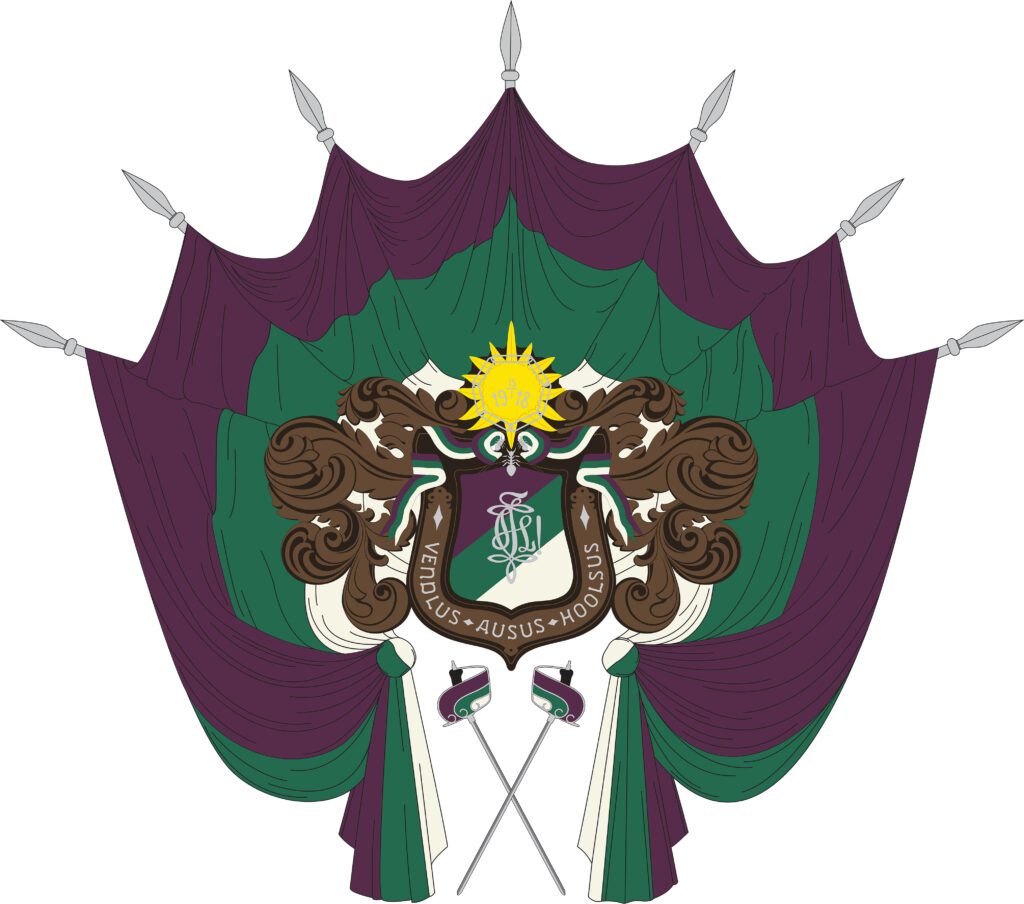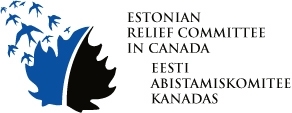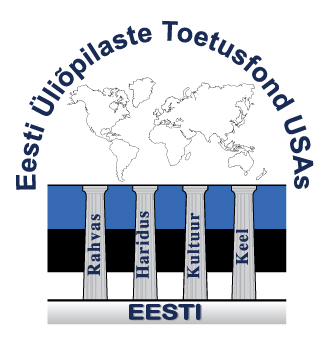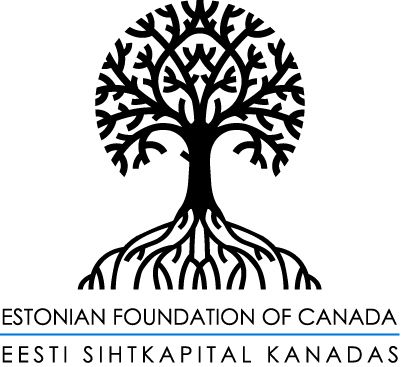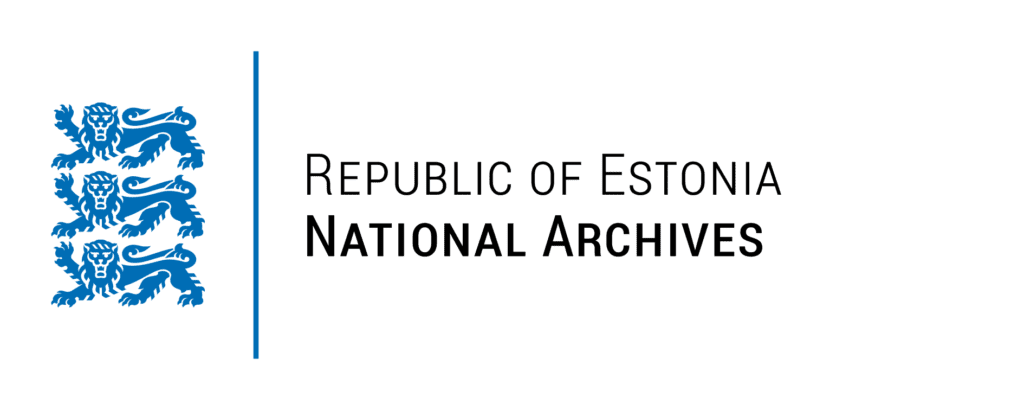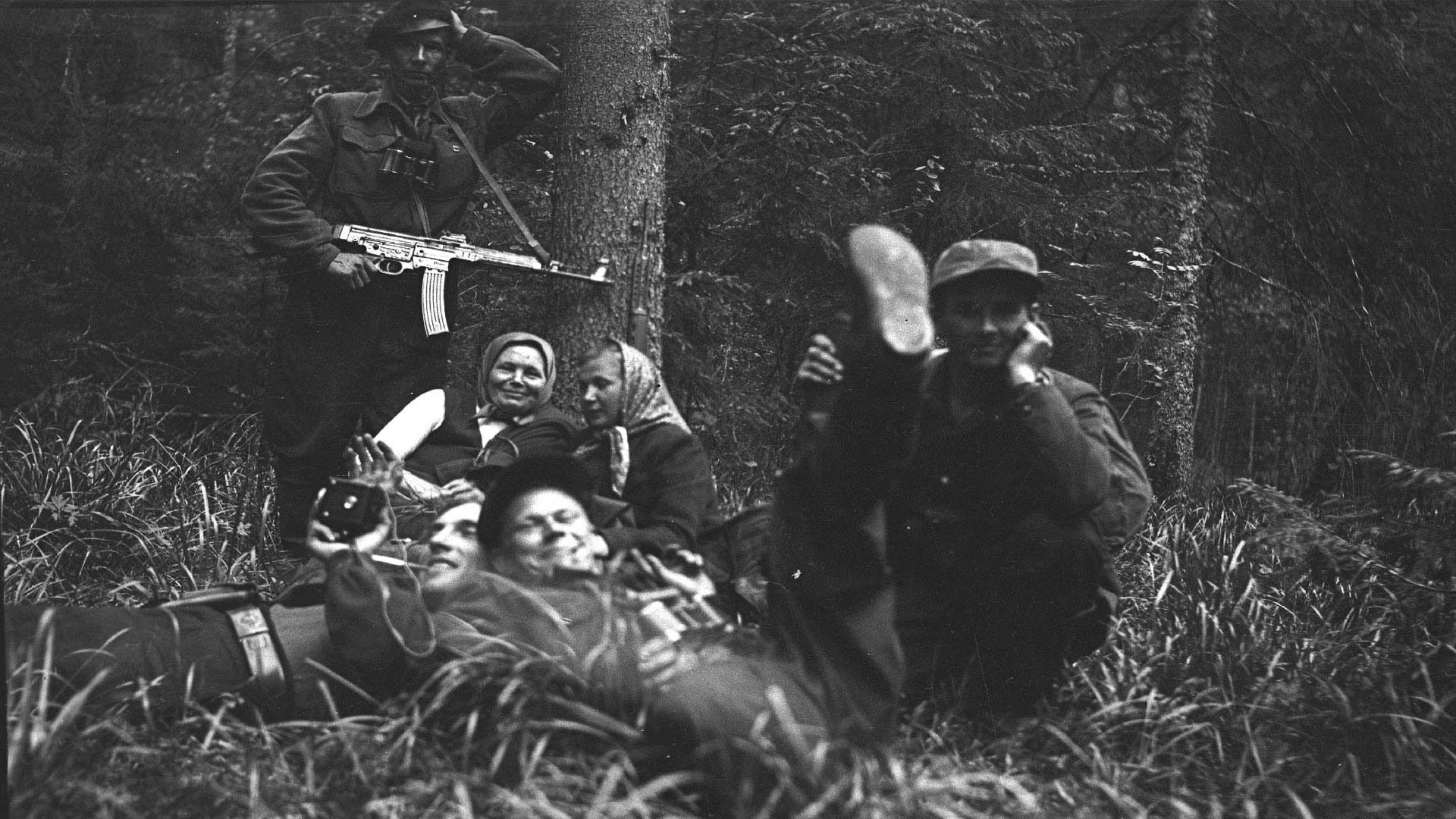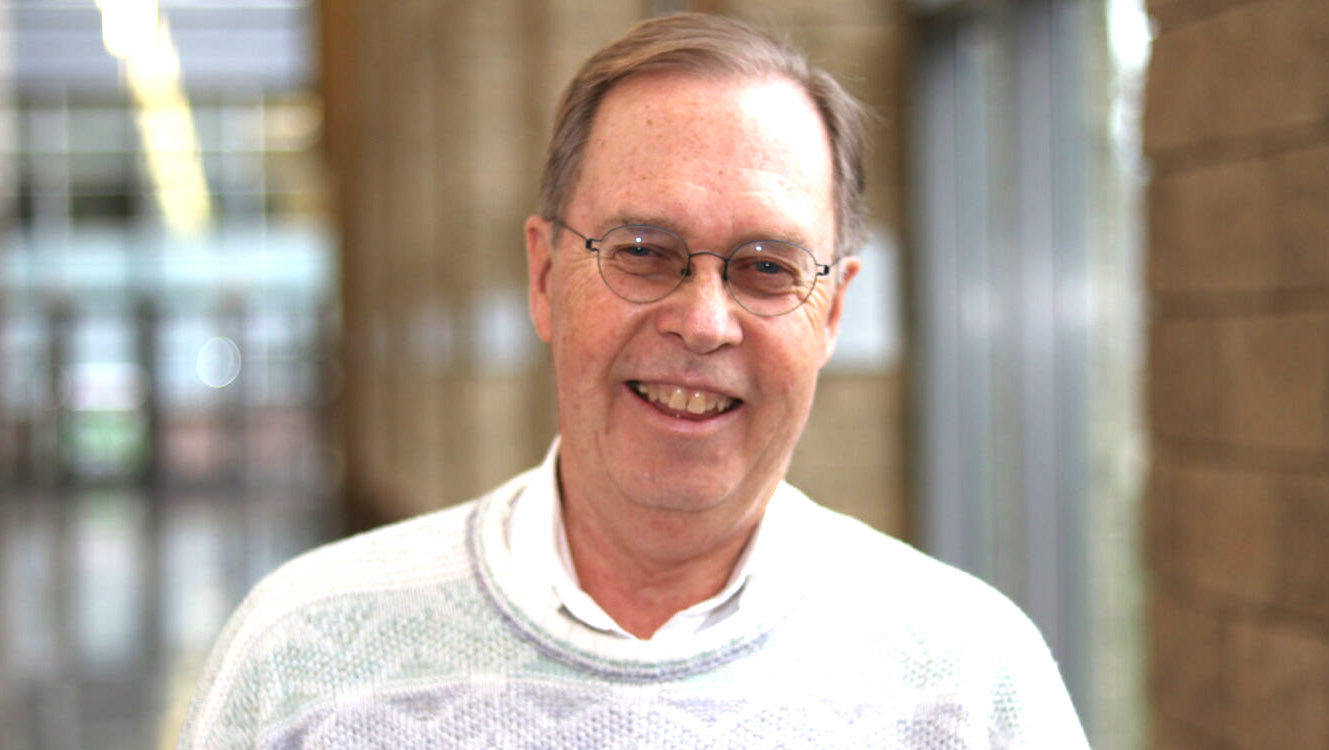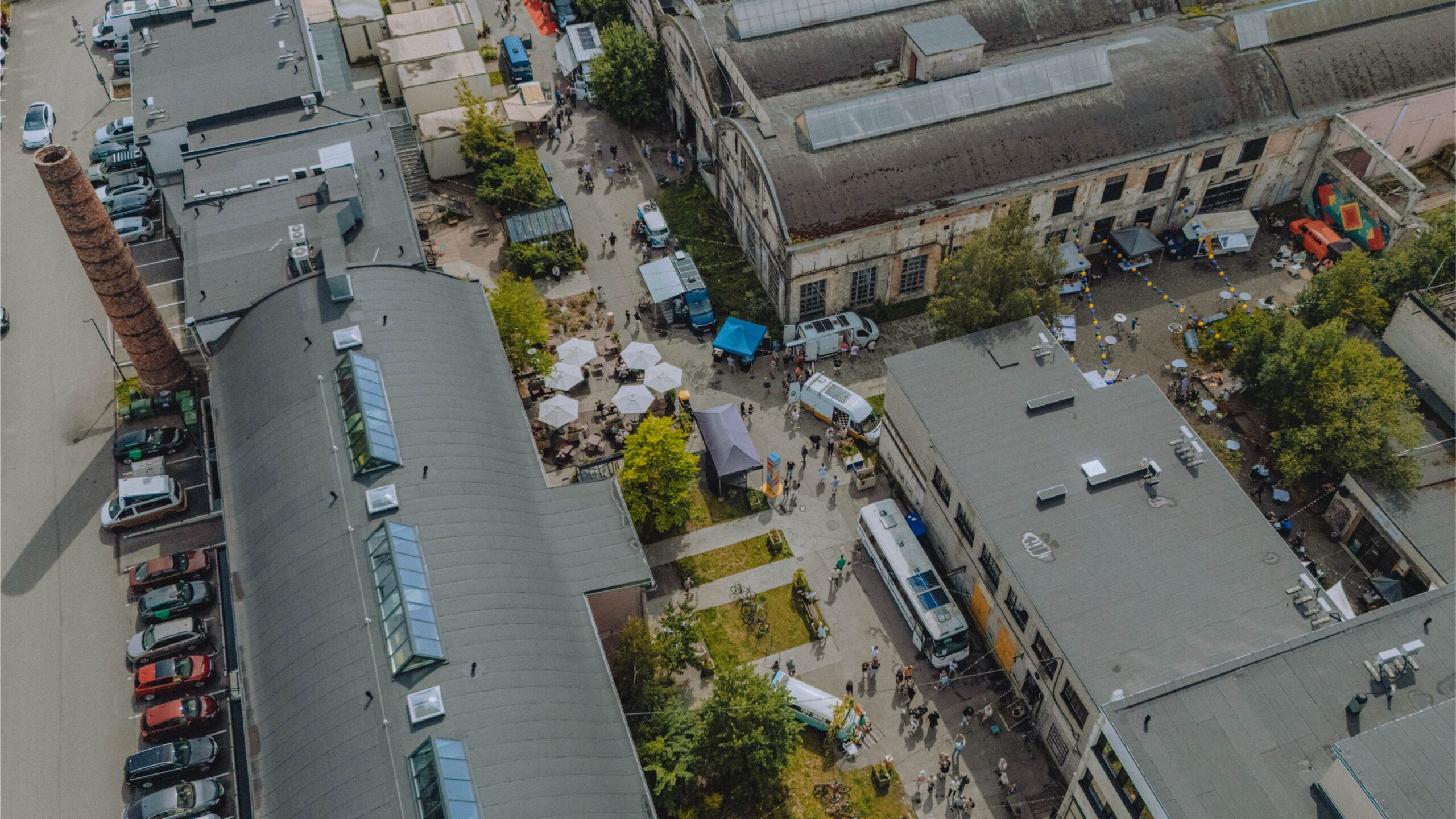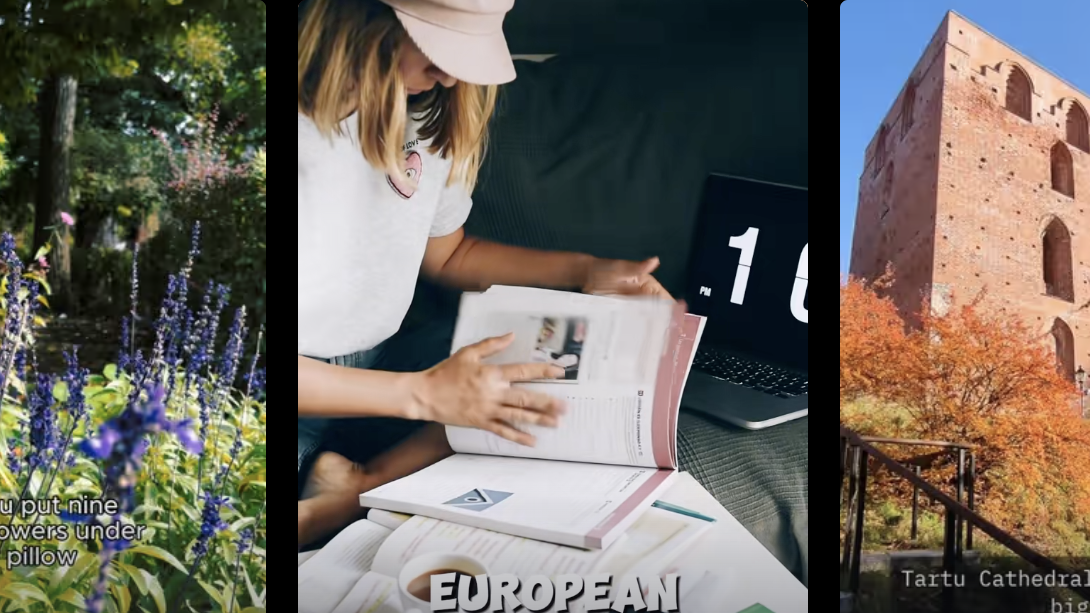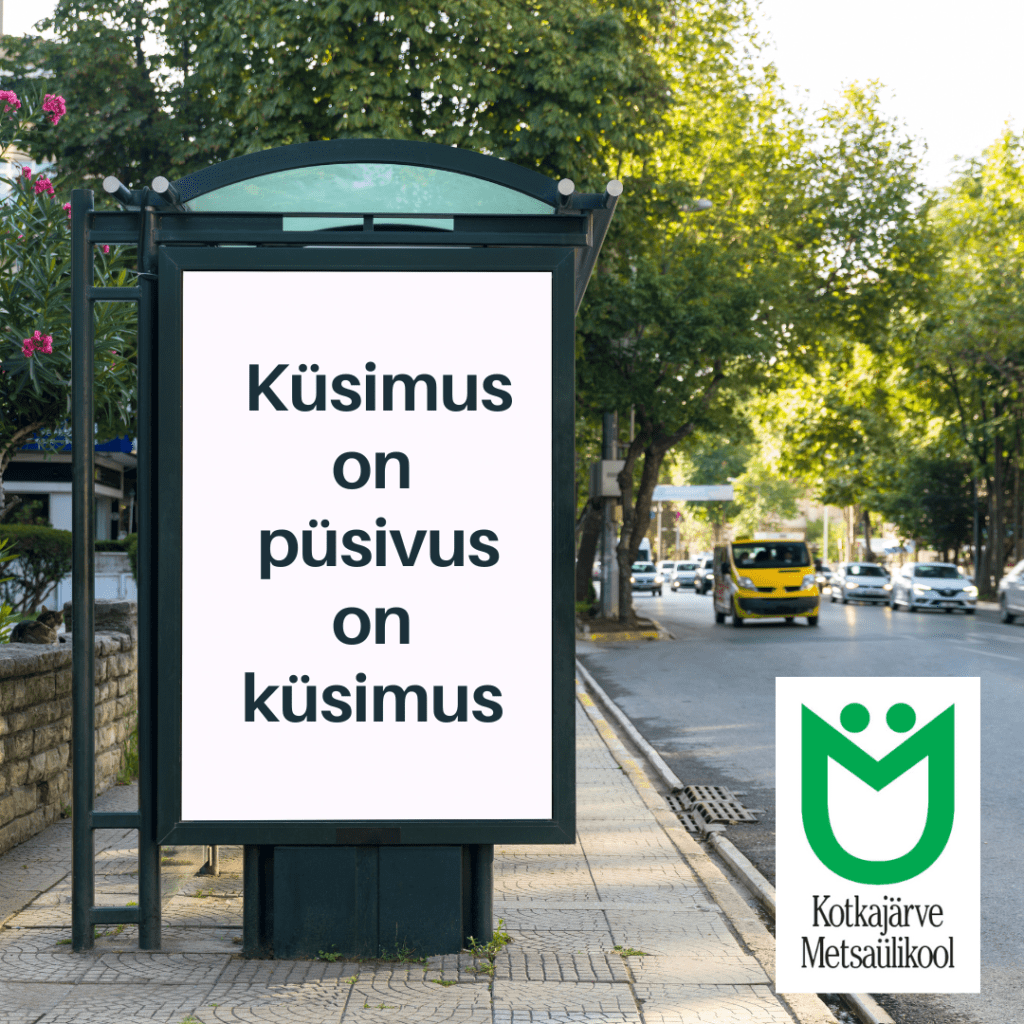
Metsaülikool (“Forest University”) comes around every summer, and even if you’ve never attended, you may have heard an Estonian mention it. Perhaps you’ve seen a poster for it online or some photos after the fact.
Don’t miss out on the action this time, though. If you’ve ever wished you could reconnect with the Estonian language and your roots—or if you’re not Estonian and simply want to learn about Estonia—this is the most accessible way to do it. If you can take some time off work and have saved up some money (the cost is $390 for the entire week; or $80 for just the first day, and $65 for every subsequent day), this is your chance.
This year, Metsaülikool will take place from Sunday August 20th to Saturday August 26th. For those who aren’t familiar with the programme, MÜ provides a university-esque series of lectures in the forests of Muskoka, along with Estonian cuisine, intimate concerts, dancing, and parties. Plenty of sauna time and swimming if you’re down for that, too.
And it all happens while using the Estonian language. Or as much as each person can manage at least. All participants attempt to participate in the upbeat, supported, interactive workshops using only the Estonian language, which makes for a very accelerated and fun learning experience. If you’re a beginner, you’ll pick up a lot. If you’re rusty, you’ll bring yourself back to a more confident level of communication. It takes a bit of a can-do attitude, but it’s a valuable learning experience and mistakes are meant to be made!
Throughout the week, attendees will learn from and socialize with a long list of accomplished subject matter experts. Lokk notes, “We have Eli Pilve and Indrek Tarand from Eesti Mälu Instituut (Estonian Institute of Historical Memory) who will be looking at historical and political issues, as will Andres Kasekamp. Aimar Altosaar will talk about the [integration] challenges presented by Ida Virumaa. Jaak Rakfeldt will talk about the resilience of Estonians in the aftermath of the Second World War.”
BlogTO featured beekeeper and former pastor Ando Kass will share his personal connection to beekeeping and experience of running an apiary in East York.
(Note: Thanks to the National Archives of Estonia, one can go to eesti.ca/mu/lektorid and listen to many past lectures as well.)
On the more hands-on side of things, Estonian folk dance teachers Maarit Pappel and Toomas Parra will pass on skills picked up from lifetimes of dancing. Käbi Lokk will be leading a rye bread baking workshop, following up from Ene Timmusk’s workshop last year. korp! Fraternitas Liviensis is sponsoring Mihkel Kohava, a young theatre director, to conduct a theatre workshop. Stand-up paddle boards will also be available as another way to interact with nature.
For regular attendees of Metsaülikool, one big difference this year will be that the Estonian community’s beloved longtime caterer Ülle Veltmann is no longer with us. However, Lokk notes that “The person taking her place is committed to replicating the food experience created by Ülle. We are putting our thinking caps on to remember all the wonderful food that Ülle used to make.”
At the core of the week is a theme: “Püsimus on küsimus. Küsimus on püsimus”, which could be translated into English as “Persistence is questioned. It is a question of persistence.” Why this choice of theme?
After the COVID-19 Pandemic and the invasion of Ukraine (which raised concerns about the security of the Baltic countries, as Lokk emphasizes), the need to adapt and persevere was made all the more clear.
Framing all of this programming is the natural splendour of Kotkajärv and its surroundings. Attending Metsaülikool can be just what you need to recharge. To take it slow. To get away from your phone and computer. To be with other people.
When you’re feeling rejuvenated and gazing up at the Milky Way with your own eyes, you’ll see why people keep coming back year after year.
